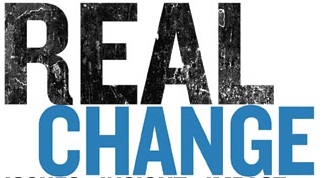Managing Change Wisely
I recall hearing from a wise mentor once that, the definition of insanity was… “repeatedly doing the same thing the same way, whilst also expecting a different outcome.” Duh! For me, that was also a good definition of stuborness or willfulness. ROTF
C.onscious approach to daily living
H.opeful that the future is bright
A.cceptance of transitory nature of life
N.on-attachment and non-addiction leads to serenity
G.iving control over to a higher power.
E.xpecting only the best.
1. One of the most useful personal management skills today is that of managing personal change. In times of turbulence, many people are feeling scared and frustrated about their lives for a number of reasons.
2. We live in turbulent times no doubt, which makes managing change an important skill in today’s age. It takes knowledge and Work to be able to adapt to changes in life so you can stop worrying and start living more of your life.
3. Virginia Satir, a pioneer of family therapy, developed a Model of how individuals experience Change. The Satir Change Model says that as we cope with unexpected or significant Change, we predictably move through four stages: Late Status Quo, Chaos, Practice and Integration, and New Status Quo.
4. A lot of people don’t have goals other than working, errands, household chores and relaxing with family and friends. Of course there is nothing wrong with doing these things. If you are perfectly content with the structure and current direction of your Life, then don’t Change a thing.
5. It’s not enough that we have to deal with the normal Personal changes that we all go through in life, but these days we also have broader issues to contend with such as the global economy, the domestic economy (job loss, company closures), the environment, technology, and changing cultural values.
Managing Change Wisely Read More »






